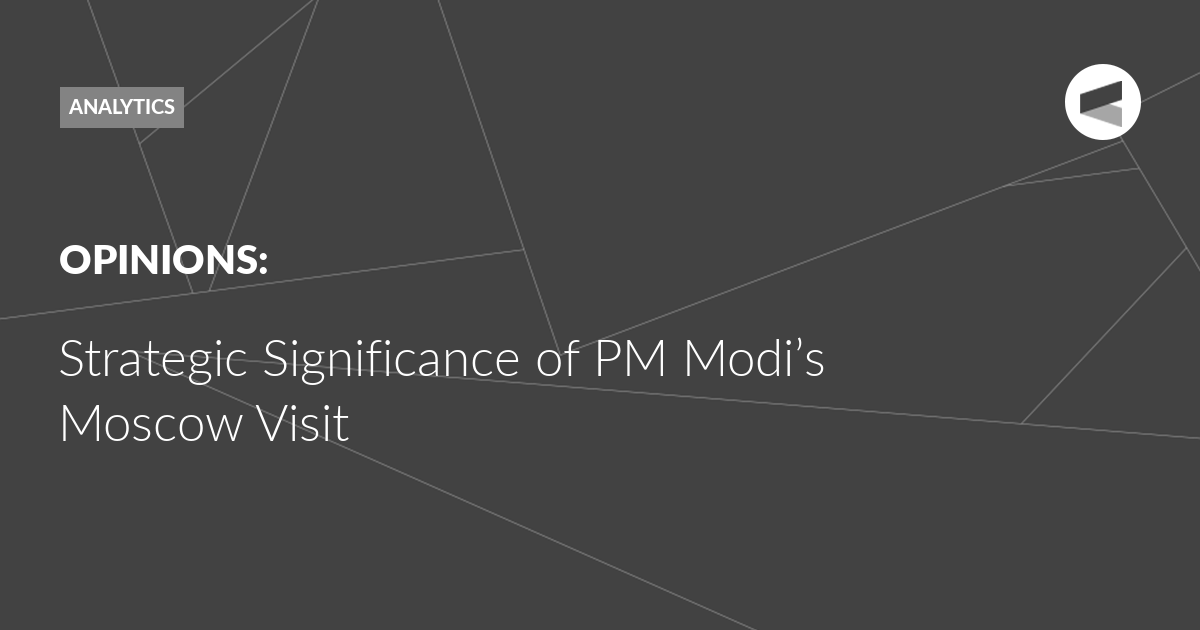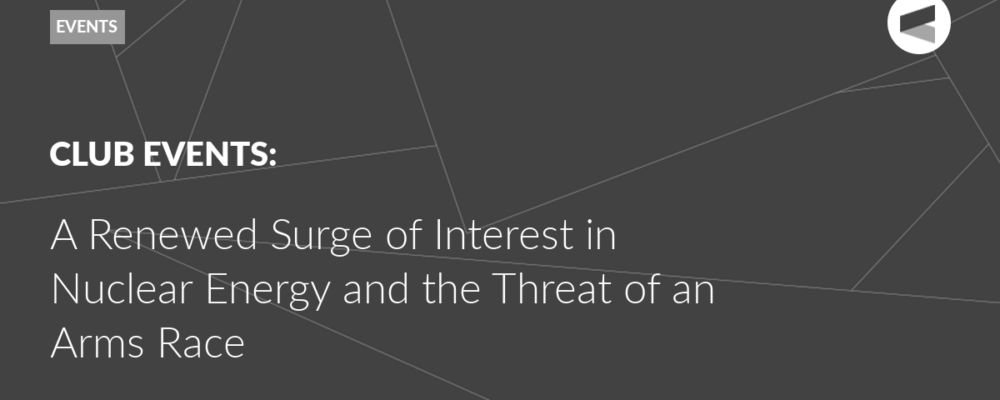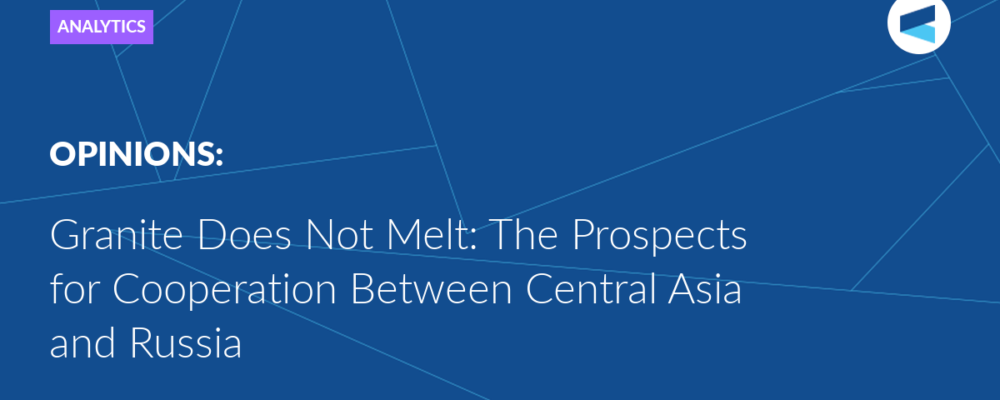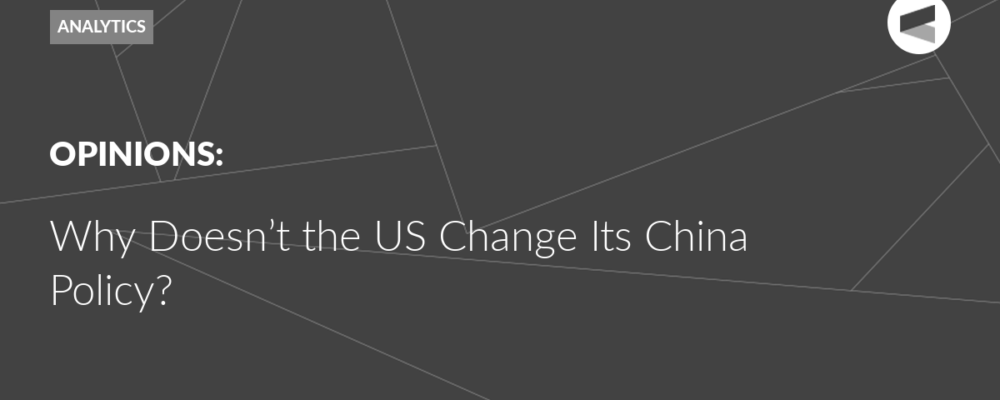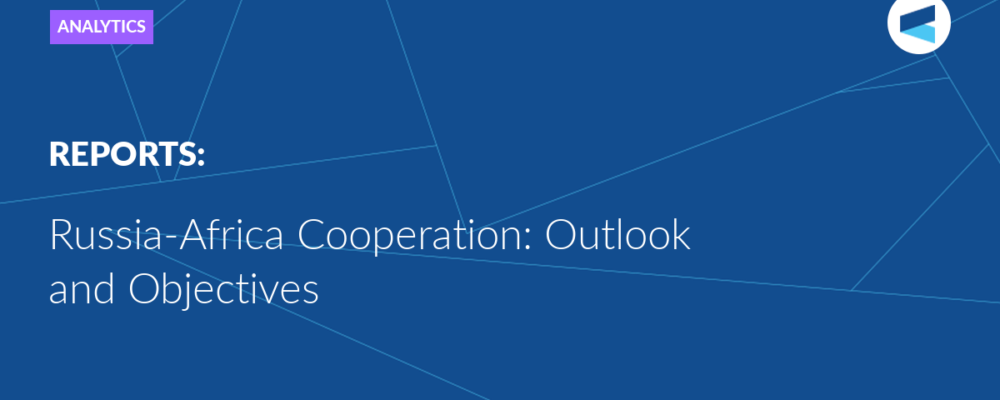Prime Minister Narendra Modi’s visit to Moscow, his first visit to Russia in five years, signifies the strategic importance India places in its relationship with Russia. This visit comes at a crucial time when India is perceived to be tilting towards the West, especially in the context of its foreign policy, which is aimed at counterbalancing China’s influence. The visit underscores the multifaceted and evolving nature of India-Russia ties, which are pivotal for India’s balanced foreign policy and strategic autonomy. India-Russia relations have been characterised as a long-standing strategic partnership, built on shared interests and values, including their commitment to multilateralism and a multipolar world order.
It is known that India’s ties to Russia date back to the Soviet era; its civilisational links are well known. The bilateral relationship has evolved into an equal partnership with roots dating back to the early 20th century. During India’s struggle for independence, the 1905 Russian Revolution inspired Indian freedom fighters, including Mahatma Gandhi, who connected with Russia through his correspondence with Leo Tolstoy. After 1917, Soviet leaders supported India’s freedom movement, and fostered personal connections with Indian leaders. Diplomatic relations between both the nations were formally established in April 1947, months before India’s independence.
The Soviet Union consistently supported India politically, diplomatically, and strategically, notably during the 1971 operations that led to the independence of Bangladesh from Pakistan. This robust relationship was underpinned by significant economic and strategic cooperation, including Soviet assistance in industrialisation, defence, space, and in the atomic energy sector. Key Indian public sector companies and the first IIT (Indian Institute of Technology) in Mumbai were established with Soviet support, highlighting the USSR’s role in India establishing self-reliance. The bilateral relationship between India and Russia was revived with the declaration of a Strategic Partnership between the two countries during the visit of President Putin to India in the year 2000.
Today, both nations are emerging as significant global players with the shared goal of bringing about a multipolar world. India continues to value Russia’s support on crucial issues. Defence cooperation remains strong; Russia remains a primary supplier of military equipment to India, despite competition from the USA, Israel and European nations. In the nuclear sector, Russia has constructed power plants at Kudankulam. Space cooperation is also thriving, with ongoing joint projects. Energy cooperation is poised for growth, with India seeking to diversify its imports to sustain economic growth. However, trade and economic ties remains the weakest link, with low trade volumes despite efforts to boost economic partnerships through various initiatives. Nevertheless, the opening of the International North-South Transport Corridor (INSTC) has helped to develop a web of bilateral infrastructure for trade routes in the region and for the flow of goods and people, which are otherwise impeded at the borders due to a lack of bilateral and multi-lateral agreements. Above this, the simplified visa regimes have increased tourism, and both countries are exploring new areas for collaboration.
Russia’s support for multipolarity and groupings like RIC(Russia-India-China), BRICS, (Brazil, Russia, India, China and South Africa) and SCO (the Shanghai Cooperation Organisation) provides a platform for India and Russia to collaborate outside Western influence. Additionally, India’s relationships with other former Soviet states in Central Asia and the South Caucasus are also growing significantly, with the Soviet Connections and bilateral relations with Eurasia is improving in various ways.
Prime Minister Modi’s visit was deferred multiple times over last few years due to the Russia-Ukraine conflict, which led to unprecedented sanctions from the West. Despite these sanctions, Russia has not been isolated or weakened, and this recent visit by Prime Minster Modi after his recent electoral victory, amid the start of Modi 3.0, also emphasized the strong relationship and bond between the two nations and between its leaders.
Strategic Implications
Prime Minster Modi’s recent visit to Russia was a strategic move to reaffirm India’s foreign policy independence. Russia, with its veto power in the United Nations Security Council, is a crucial ally for India in many spheres and also can be called an all-weather friend. At the G7 meeting in Italy, Modi’s interactions with Ukrainian President Volodymyr Zelensky highlighted India’s balanced approach, distancing itself from taking sides while maintaining robust diplomatic engagements with both Russia and Ukraine.
India’s potential role as a mediator in the Ukraine conflict could enable the USA to concentrate more on Indo-Pacific security. This aligns with India’s broader strategic interests in promoting regional stability and peace. As New Delhi’s foreign ministry reports, Modi’s upcoming visit to Ukraine will signify a shift in India’s approach to European security, emphasising the importance of a strategic engagements. This move is expected to bolster India’s economic and technological collaborations with European nations too. However, Modi’s Russia visit and trips to Austria and Ukraine also send a clear message to the West that India values its autonomy in foreign policy decisions. While strengthening ties with Russia, India is also engaging with other countries, showcasing its multi-aligned approach.
Future Directions
Despite efforts to maintain a balanced approach, India’s relations with China remain strained, particularly due to border tensions. This ongoing friction also necessitates a robust strategic partnership with Russia to ensure regional stability. Prime Minister Modi’s focus on Aatmanirbhar Bharat (self-reliant India) and vision of Viksit Bharat (developed India), by the year 2047 require a stable and supportive international environment. Strengthening strategic partnerships with key global players like Russia is integral to achieving these national goals of India.
Prime Minister Narendra Modi’s visit to Russia was a strategic manoeuvre aimed at reinforcing India’s foreign policy independence, counterbalancing China, and enhancing defence and technological cooperation. Both India and Russia reaffirmed their intention to expand the scope of their collaboration and openness to opportunities for expanding mutual capabilities.
By engaging with both the West and Russia, India seeks to maintain a balanced and multi-aligned foreign policy. Recent Modi-Putin bonhomie highlighted India’s strategic acumen in navigating complex international relations to secure its national interests and promote regional and global stability. There is a close synergy between the Indian and Russian perspectives. The joint declaration reinforced the warmth that exists between the two countries. The overall parallelism in the India-Russia relationship symbolises the trust that still exists between the two nations.
Note:
Inputs taken from various sources, including official reports, print media news reports, visual media reports, personal interviews with the concerned officials involved in arranging the official visit.
The Valdai Discussion Club was established in 2004. It is named after Lake Valdai, which is located close to Veliky Novgorod, where the Club’s first meeting took place.
Please visit the firm link to site


